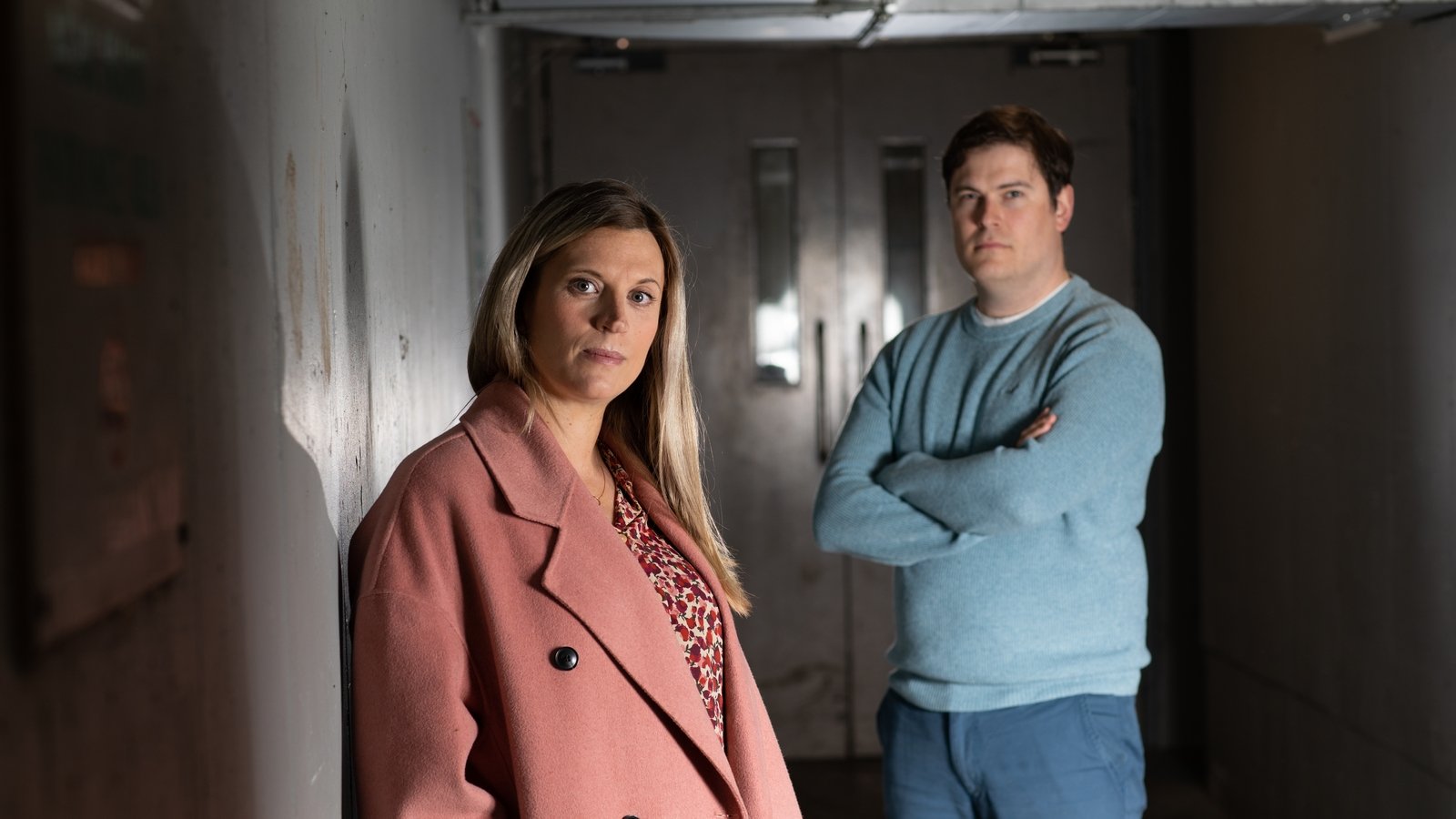Podcast: How to talk to friends who believe conspiracy theories

What if you have a friend or family member who is getting sucked into conspiracy theories online? What can you do? How can you do it?
Unfortunately, these questions have grown in importance since the pandemic, as all of us spend more time on the internet than ever before.
These are the questions we set out to answer in this episode of The Truth Matters: A Guide to Misinformation.
First of all, we thought it would be useful to understand the broader context behind conspiracies and so we had a conversation with Aoife Gallagher, an analyst at the Institute for Strategic Dialogue. She broke down the nature of conspiracy thinking and how it has been fuelled in the past year through social media.
Next, we spoke to Jitarth Jadeja. He himself got sucked into QAnon – the baseless conspiracy theory which holds that Trump is somehow secretly battling an elite “cabal” of paedophiles, all of whom just happen to be his political enemies. Jitarth gave us an insight to his state of mind and behaviour as he fell down the rabbit hole, and how he managed to get out of it. He still lives with the responsibility of bringing his own father into QAnon, and he hasn’t been able to get him out yet.
To get another perspective, we spoke to Karl Coryat. About 20 years ago he got sucked into the 9/11 conspiracy theory that the towers didn’t fall because of an attack by al-Qaeda. Instead, he believed, it was a “false flag”, a staged operation. Like Jitarth, Karl also managed to get out of the conspiracy, and so his perspective on what’s needed is also really helpful to understand.
Having a loved one fall into conspiracy thinking can be devastating, and it’s tearing families apart. To go even deeper into the best practices on what to do about this, we also heard from Mick West. He’s the author of Escaping The Rabbit Hole. He emphasised the importance of keeping the connection going with your loved one – you may be a critical part that reconnects them with the real world of established fact. He also described the importance of empathy and not believing that you can argue your case with rationality and facts.
Having heard all these perspectives, you might be thinking that there needs to be some sort of support group for families who are going through this. That’s why we sat down with Amanda Stanfill, who along with Kevin Smith created one such group on Facebook. She described how the members are able to talk confidentially with each other about their experiences and share lessons on what worked and didn’t. If you’re thinking of creating or joining any such group, it’s well worth listening to what she has to say.
We hope that by the end of the episode, you feel empowered with a little more understanding of how we are all potentially susceptible to conspiracies, and how you can be helpful to loved ones who are becoming lost to them.
You can listen to and follow the Truth Matters podcast here.
Episode 1: A Guide to Misinformation
*** This article has been archived for your research. The original version from RTE.ie can be found here ***


